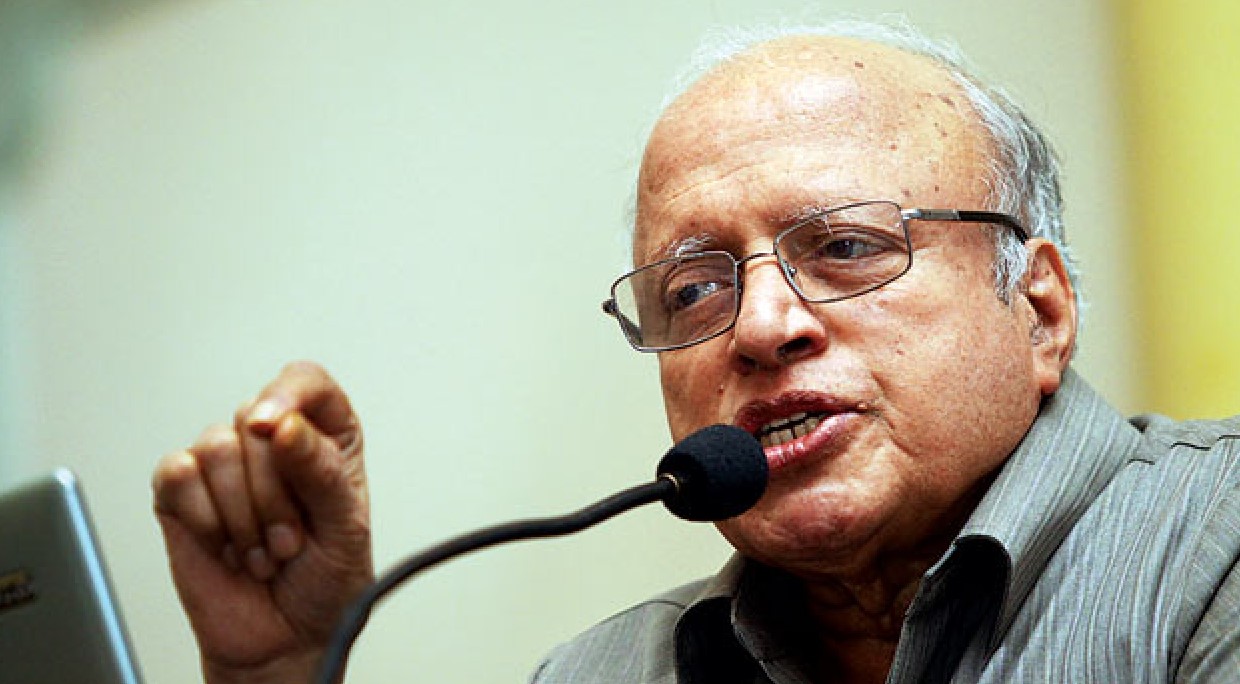
After furore on paper criticising GM crops, M S Swaminathan says he supports genetic modification
Leading agriculture scientist M S Swaminathan has said that he supports modern technologies, including genetic modification and gene editing, days after Indian researchers denounced him for co-authoring a research paper criticising genetically modified (GM) crops. In a statement published on the website of the MS Swaminathan Research Foundation, the father of green revolution said, "I wish to reiterate my total commitment and support to modern technologies including genetic modification and gene editing. Also, my emphasis has been on generating synergy between technology and public policy." The research paper Swaminathan co-authored with geneticist P C Kesavan was published in the journal Current Science last month. Swaminathan said, "In view of my extremely limited role in the paper, it would have been appropriate for Prof Kesavan to have been designated as the sole author of the paper." The agriculture scientist said he believes that "genetic modification is the best pathway for breeding crop varieties for resistance to abiotic stresses" such as extreme temperatures, drought, salinity etc. The paper, which sparked a furious debate in the research community, was criticised by K VijayRaghavan, principal scientific adviser to the government, calling the "review severely flawed". "The Kesavan and Swaminathan 'Review' is deeply flawed and full of errors. Needs scientific rebuttal," K VijayRaghavan had earlier said on Twitter. In reply to a letter by K VijayRaghavan, Swaminathan had earlier said, "It is unfortunate if the article has created the impression that I am opposed to GM as a technology." "Genetic modification is the technology of choice for solving abiotic problems like drought, flood salinity etc. It may not be equally effective in the case of biotic stresses since new strains of pests and disease arise all the time," he had said. PTI
